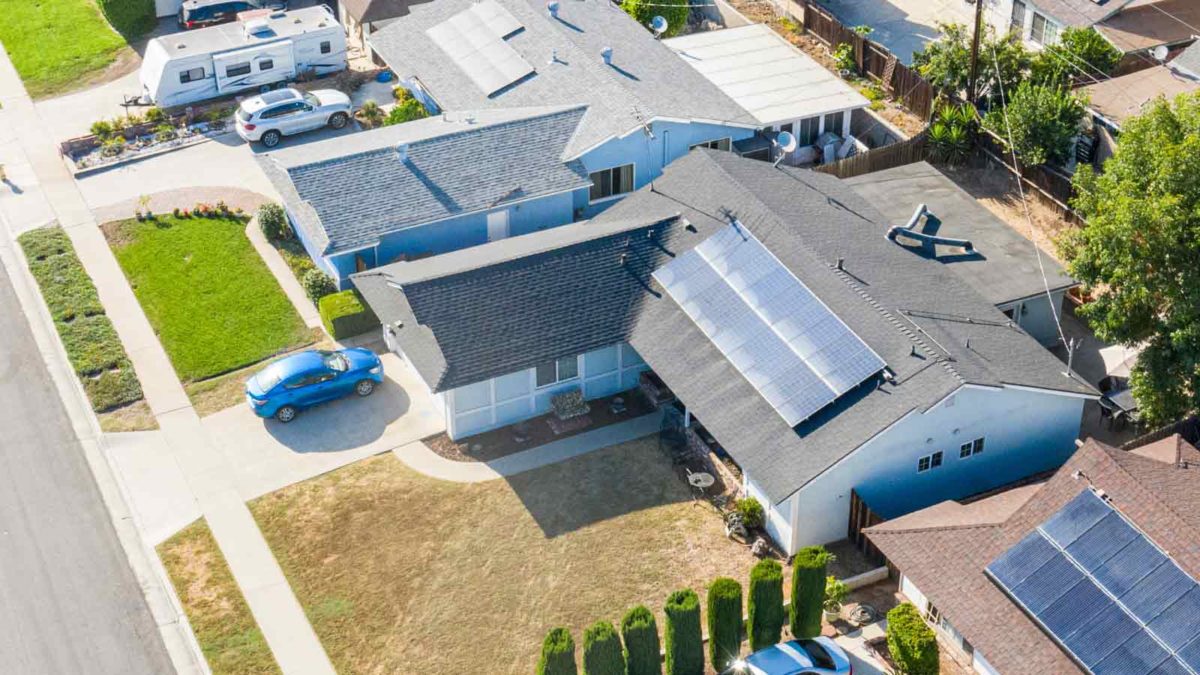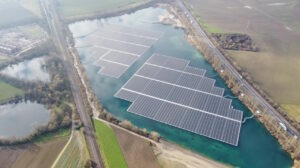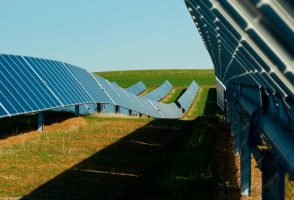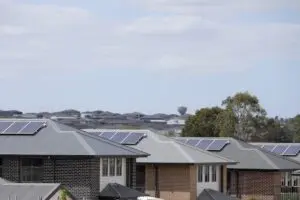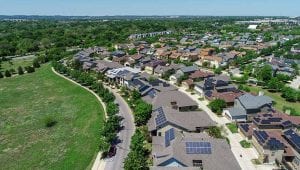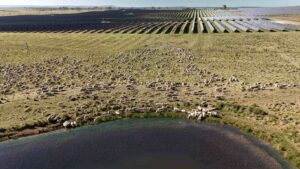Simply Energy will begin offering customers in more Australian states the ability to participate in its virtual power plant, following a successful South Australian pilot.
The electricity retailer announced on Thursday that it would expand its virtual power plant to its remaining customers in New South Wales, Queensland and Victoria, and will include a wider selection of batteries and solar inverters, including those manufactured by AlphaESS, Eguana, SolarEdge, SolaX, sonnen, and Varta.
Simply Energy is the retail arm of energy giant Engie, which on Wednesday announced it would build a 150MW/150MWh big battery at the site of the Hazelwood brown coal generator that it closed in 2017.
Since 2018, Simply Energy has operated a pilot virtual power plant in South Australia, established around the use of Tesla Powerwall batteries under an initiative supported by the state government and the Australian Renewable Energy Agency.
Simply Energy says VPPs allow household energy systems, including rooftop solar and battery storage, to be coordinated and orchestrated to support the operation of the wider grid and respond to periods peak demand and provide frequency support services.
Customers are rewarded for participating in virtual power plants, receiving payments or credits against their electricity bills, sharing the proceeds of its participation in the wider electricity market.
General manager of Simply Energy Solutions, Ryan Wavish, said offering households the ability to participate in virtual power plant platforms had been key to attracting customers with solar and battery storage systems.
“By ensuring that our customers’ assets are able to participate more effectively in more aspects of the energy market, we are working to offer the most competitive and compelling VPP offer in Australia,” Wavish said.
Speaking with RenewEconomy, Wavish said that a key part of the success of the retailer’s creation and operation of virtual power plants has been building trust with customers that their systems will be operated to their benefit.
“It has been a really interesting journey for us over the last few years, in building up a customer base around a virtual power plant product,” Wavish said.
“The most important thing in being able to access flexibility in customer assets is trust. That is quite a challenge for energy retailers that have historically struggled in this area.”
“It’s a journey from enabling customers to choose how much access they want to give you and how much personalisation they want to still control. And over time, as we perform for customers, and as we gain their trust, I think customers will ultimately shift into a sort of set and forget operation,” Wavish added.
Simply Energy’s South Australian virtual power plant has been built using the platform developed by Australian company SwitchDin, based in Newcastle, utilising its Stormcloud platform, which will also support the expanded network.
SwitchDin CEO Andrew Mears said that coordinating distributed energy resources was becoming an increasingly important part of managing the grid as the market share of renewables continues to grow.
“Customer-owned resources like solar, batteries and electric vehicles are fundamentally reshaping how the electricity system operates, but most of these devices were not designed to be the active grid participants that the grid needs them to be. SwitchDin solves this problem,” Mears said.
“VPPs are part of the distributed, decarbonised grid that SwitchDin is enabling for clients to help solve problems and improve efficiency as Australia forges ahead on our path to 100 per cent renewable energy.”
Wavish added that he expects community battery projects, which help store excess power from rooftop solar in a single larger battery that serves an area like a suburb, would ultimately participate in the virtual power plant.
“Simply energy is involved in community battery projects, and we’re looking to leverage SwitchDin software to integrate those batteries in with our residential fleet and build up our fleet in that way as well,” Wavish said.
“It is exactly the technology that we’re looking at for community batteries as well as home batteries.”
Lies, myths and greenwashing. Good independent journalism is time-consuming and costly. But small independent media sites like RenewEconomy have been excluded from the tens of millions of dollars being handed out to big media companies from the social media giants. To enable us to continue to hold government and business to account, to cut through the lies and the misinformation about the renewable transition, and to help expand our work, you can make a voluntary donation here to help ensure we can continue to offer the service free of charge and to as wide an audience as possible. Thank you for your support.

